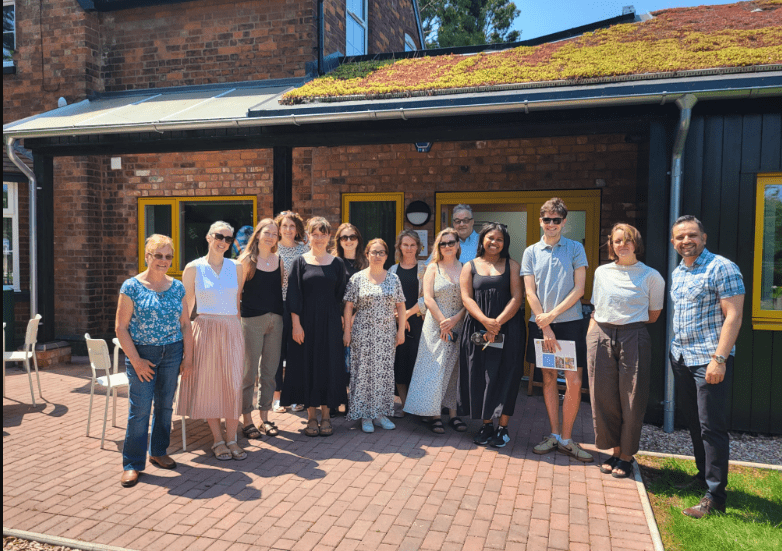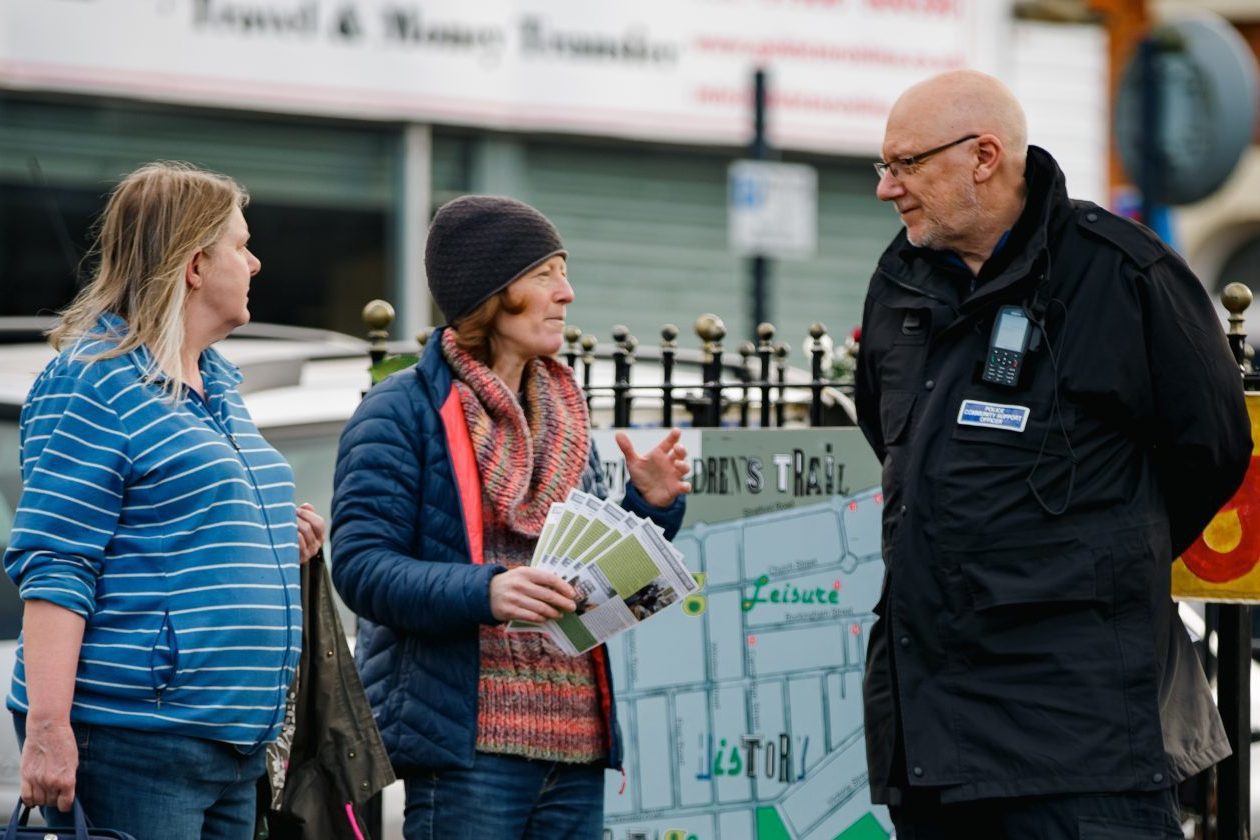
Joyce Chan
Project Manager (Research & Evaluation), Renaisi
Covid-19 and the ongoing challenges with the cost of living and energy crises, have put many community businesses at risk of closure, and a critical need to support community businesses to build their financial resilience. A study by Think Social Tech identified four opportunities for community businesses to strengthen their financial management and skills:
- Addressing weaknesses in financial management, including upskilling staff and ensuring community businesses have appropriate systems and processes in place.
- Supporting community businesses to move from spreadsheets to cloud-based accounting and partnering with others who can offer this support
- Supporting community businesses to access grant funding from national trusts and foundations, and advocate for funders and commissioners to offer core cost contributions
- Reviewing the business models and helping community businesses assess and improve their viability
- Seeing the critical need to support community businesses, Power to Change commissioned two pilot projects over nine months to test different approaches and explore what does it take to support community businesses with their financial capabilities?
What was delivered?
The Women’s Organisation supported 13 community businesses in Liverpool across the four opportunities above, in particular focusing on upskilling staff with basic financial management skills.
They delivered four in-person workshops with the group alongside one-to-one business support, buddied up community businesses and supported peer networking, and provided a small grant for community businesses to participate in the programme.
Locality focused on finding scalable solutions to help community businesses across the UK transition to and make the most out of their cloud-based accounting systems. They offered four online webinars to 17 community businesses, group-based training on common challenges, and a small grant.
Locality also worked with fin-tech companies Xero and Zettle to develop standardised templates and guidance for community businesses (which we’ll share soon), and consulted with accountants to understand broader challenges facing the sector.
What was achieved?
Both projects successfully engaged and helped improve the skills and understanding of participants. Some participants have made significant changes to their business and revenue models, others experienced improved efficiency in their systems and processes, and the participants overall felt more aware of the organisational benefits and more confident in managing, interpreting, and making decisions using their financial information.
What were the common enablers and barriers from the projects?
Enablers
- Deep sector knowledge of the organisations or people delivering training
- Providing core funding in a flexible way to cover required operational and capital costs for strengthening financial capabilities
- Tailoring around the diverse experience and business models of community businesses, and the participant’s understanding of financial management
- Accessibility of training / resources / templates (on-demand)
- Thinking time and space between sessions, especially when the information is complex and/or being addressed for the first time
- Creating a safe learning space, and a culture of equals.
- Diverse community business cohort to facilitate learning from each other.
Barriers
- Balancing the needs of different community businesses and appropriate delivery (online or in-person, one to one or group settings), and the administrative time necessary to coordinate multiple approaches
- Lack of long-term and ongoing support to help community businesses continue building up financial capabilities after the programme
- Capacity of community businesses to participate and attitudinal barriers in adopting something new/changing systems
- Communicating the rationale of programme design (i.e. why more than one person from the community business should join to mitigate dependency on one person)
- There are sector gaps in the availability and accessibility of support for community businesses to develop their financial capabilities. This limits the scale and sustainability of outcomes of any programme on community businesses.
- Lack of understanding of community businesses’ needs by the wider accountancy/fin-tech industry.
The key learning from both pilots demonstrate that while there are many good practices we can adopt at programme level, a significant number of the barriers is held at a wider sector/systemic level. Most of the barriers listed above could be lessened when the wider ecosystem support community businesses to thrive. Any future programme must consequently involve policy makers, commissioners, accountants, funders, and intermediary organisations, but what could this look like?
Read the second blog in this series to explore wider sector opportunities for strengthening the financial capabilities of community businesses at scale.



